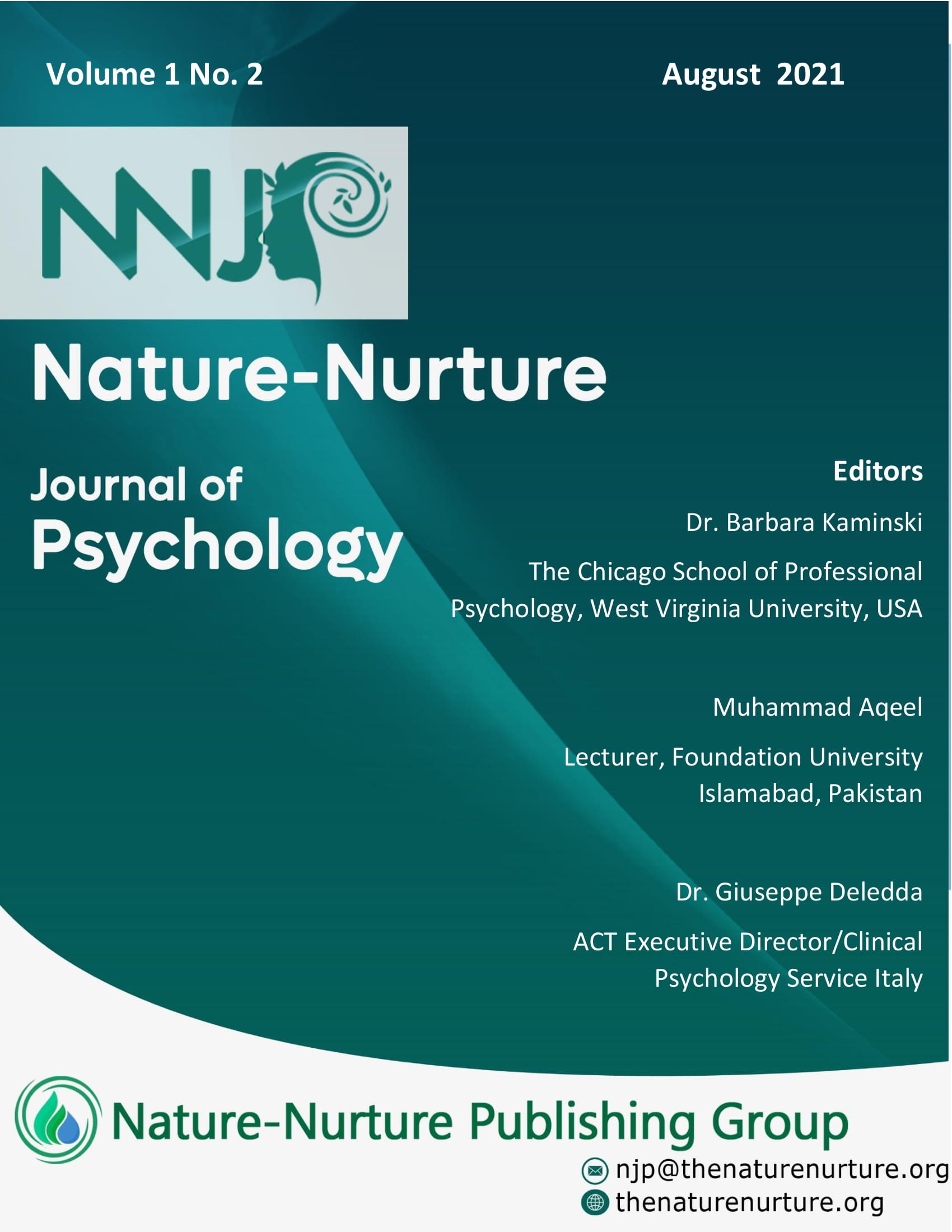Abstract
Background: Cognitive distortions is a global public health problem. Proper health care and intervention are an essential need for all human being and access for management is all human’s right globally. The purpose of the current study is to contribute as well as spread knowledge to the community understanding of coping strategies, cognitive distortions and depression. Further, this research also examined the association among coping strategies, cognitive distortions and depression in university students.
Method: A purposive sampling technique and cross-sectional study design were used to carry out current study. Two hundred participants (male, n = 100; female, n= 100) with age ranged from 18 to 26 (M = 22.6, SD = 1.10) years were recruited from different public and private university students of Rawalpindi and Islamabad, Pakistan, in 2021. Three instruments were used to measure cognitive distortions, coping strategies, and symptoms of depression in university students.
Results: This present study’s results illustrated that cognitive distortion was statistically positively significant associated with denial coping strategy, emotional support coping strategy, behavioral disengagement coping strategy, self-blame coping strategy, and depression in university students.
Furthermore, the findings of this study revealed that active-coping coping strategy is playing role of moderator on the relationship between cognitive distortions and depression in university students.
Conclusion: This study recommended that cognitive distortions could be stimulated mental health issues such as depression in university students. Furthermore, the findings of this study demonstrated the need for early detection of cognitive distortion and depression disorder to prevent as well as management the risk of mental health problems including depression in young university students. From the implication point of view, increasing use of active coping strategies and decreasing the use of avoidant or maladaptive coping strategies for managing depression may or may not be useful for individuals experiencing depression

This work is licensed under a Creative Commons Attribution 4.0 International License.

